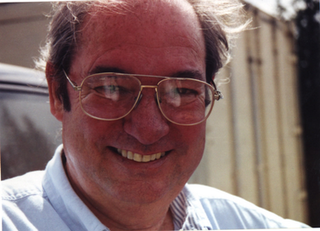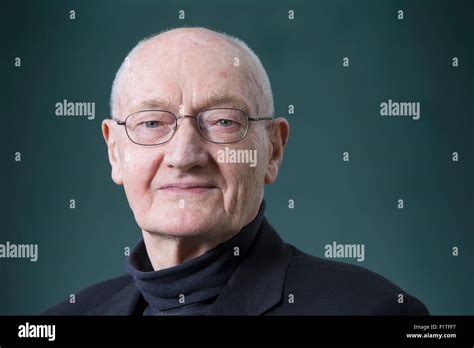A Quote by Ezra Taft Benson
Right and wrong as moral principles do not change. They are applicable and reliable determinants whether the situations with which we deal are simple or complicated. There is always a right and wrong to every question which requires our solution.
Related Quotes
I have never made it a consideration whether the subject was popular or unpopular, but whether it was right or wrong; for that which is right will become popular, and that which is wrong, though by mistake it may obtain the cry or fashion of the day, will soon lose the power of delusion, and sink into disesteem.
I do not believe that the solution to our problem is simply to elect the right people. The important thing is to establish a political climate of opinion which will make it politically profitable for the wrong people to do the right thing. Unless it is politically profitable for the wrong people to do the right thing, the right people will not do the right thing either, or it they try, they will shortly be out of office.
Strictly speaking, there are no such things as good and bad impulses. Think...of a piano. It has not got two kinds of notes on it, the 'right' notes and the 'wrong' ones. Every single note is right at one time and wrong at another. The Moral Law is not any one instinct or set of instincts: it is something which makes a kind of tune (the tune we call goodness or right conduct) by directing the instincts.
There's nothing "wrong" with anything. "Wrong" is a relative term, indicating the opposite of that which you call "right." Yet, what is "right"? Can you be truly objective in these matters? Or are "right" and "wrong" simply descriptions overlaid on events and circumstances by you, out of your decision about them?
While the Western society gives total freedom to the individuals to do whatever "consenting adults" please, which admittedly is better than having the government poke into your private life and your bedroom, like in Islamic countries, there are no moral compasses to tell what is right from wrong. The very notion of right and wrong has come under question. The motto is "if it feels good do it". Hedonism rules!
I'm still not sure I made the right choice when I told my wife about the bakery attack.But then,it might not have been a question of right or wrong. Which is to say that wrong choices can produce right results, and vice versa. I myself have adopted the position that,in fact, we never choose anything at all. Things happen. Or not.
No matter what you do, any country in the world is going to have the ability to set its own rules internally. Any country in the world can pull the plug. It's not a question of technical issues, it's not a question of right or wrong, it's not a question of whether global Internet governance is right or wrong. It's just with us.
Law is a process. If there is equality of process for everybody, then that's our definition of justice. Whether or not what is done is right or wrong, you follow the process. And so, the end result is just by definition within that alternative universe that is American law. Most people still operate within a moral universe where principles of good and bad and what is right and wrong in itself, and not just as a result of the process.
We feel that we have to be right so that we can feel good. We don’t want to be wrong because then we’ll feel bad. But we could be more compassionate toward all these parts of ourselves. The whole right and wrong business closes us down and makes our world smaller. Wanting situations and relationships to be solid, permanent, and graspable obscures the pith of the matter, which is that things are fundamentally groundless.










































